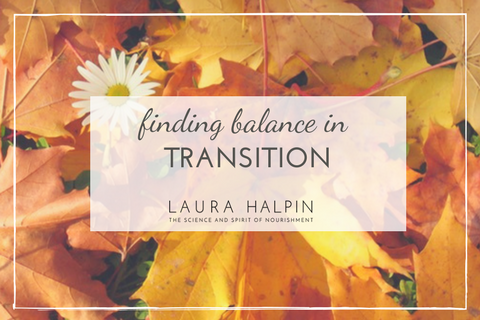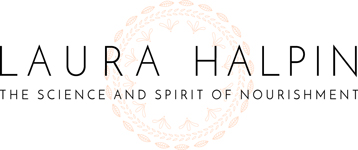
Finding Balance in Transition
Hello, my friends!
I hope you are doing well. It’s a transitional time of year. Even here in California where the seasons aren’t so distinct, the quality and angle of light changes in a way that signals fall. Internally, I feel a call to prepare for hibernation. Over the spring and summer, I’ve been “all yang” – social, active, busy and productive. Yet my need to spend time nurturing inner quiet is resurfacing. I’m feeling the need to keep things simple, especially as we move into the holiday season.
I’m preparing a 4-week Perimenopause/Menopause series that will start the last week in October. My impulse for contemplation perfectly coincides with the content of this course, because it’s about aging in a mindful, grounded, and self-nurturing way. Approaching aging with curiosity and gratitude rather than disdain and resistance can be extremely powerful, yet there’s little in our culture to support this stance.
It’s interesting (but not surprising) that in many cultures, women don’t experience the litany of uncomfortable symptoms many American women do when they approach menopause. In the United States, we define menopause as a shift that is biological, measured by a singular occurrence: the cessation of monthly bleeding. Done. Accompanying physical and emotional symptoms are treated as medical problems. Doctors often don’t take the time to assess what is underlying depression and mood swings. Instead, they quickly prescribe antidepressants. A whopping 1 in 4 women in the U.S. are currently taking mood meds. In the meantime, these same women could have a thyroid whose function has run aground, relationships that sorely need attention after years of child-rearing, an unidentified food sensitivity or no time to adequately grieve losses. We are all extraordinarily complex and dynamic beings. Mindless pill popping is an insult to our elegant systems.
 In many cultures, there is an appreciation for the spiritual and psychological (not just biological) transitions women move through. In many cultures, there are also clear and valued roles for older women in society, such as healers or sages. For example, according to a fascinating article about cultural differences in menopause, I learned that in Japan, the word for menopause is konenki. “Ko” translates to “renewal and regeneration,” “nen” to “years” and “ki” to “season” or “energy.” The word obviously captures the cultural appreciation in Japan for women who are transitioning into a post-fertile phase. I love this. Without this kind of validation in our own country, the onus is on American women to find our value as we age. We need to support one another in this endeavor.
In many cultures, there is an appreciation for the spiritual and psychological (not just biological) transitions women move through. In many cultures, there are also clear and valued roles for older women in society, such as healers or sages. For example, according to a fascinating article about cultural differences in menopause, I learned that in Japan, the word for menopause is konenki. “Ko” translates to “renewal and regeneration,” “nen” to “years” and “ki” to “season” or “energy.” The word obviously captures the cultural appreciation in Japan for women who are transitioning into a post-fertile phase. I love this. Without this kind of validation in our own country, the onus is on American women to find our value as we age. We need to support one another in this endeavor.
We also need to support our own bodies. As we age our hormones move through a time of flux. As a result, sometimes we get irritable. We gain weight. Our skin loses its luster or breaks out. Our libido fades. We get anxious and depressed. We crave sugar. We get achy. Our indigestion gets unpredictable. We develop allergies. We rely on our coffee to wake up and our wine to relax. Our hair falls out. Our memory and mental clarity aren’t quite there.
Whatever our symptoms, they are our messages from our bodies that there is an imbalance. Exercising harder or the getting on the latest diet won’t help us restore that balance. Getting mad at ourselves isn’t going to help us either.
Get your (Peri)Menopause Makeover
It’s time to get educated and to learn what changes we can make to the way we eat, move, sleep, think and supplement to bring about healing and balance in our bodies and spirits. According to Sara Gottfried, author of the New York Times’ bestseller The Hormone Cure, 95-98% of hormone balancing can be done without a prescription. This is such good news. It puts us in the driver’s seat of our health.
I’d love to have you join me for my latest workshop: Get Your (Peri)Menopause Makeover. It’s a four-session workshop starting October 29th. It would be an honor to share what I know with you. We will spend some time looking “under the hood,” exploring our own hormonal balance (or lack thereof) and learning how to support and restore balance through food, exercise, thought patterns, supplementation, and sleep. We’ll love up our adrenal glands and thyroids and our self-care habits. It’ll be time well spent. Can’t wait.
Please click here for more information.
In the meantime, I look forward to hearing from you. Please let me know how I can best serve you. I’m happy to offer workshops based on your suggestions and needs.
To your health and happiness,
Laura



